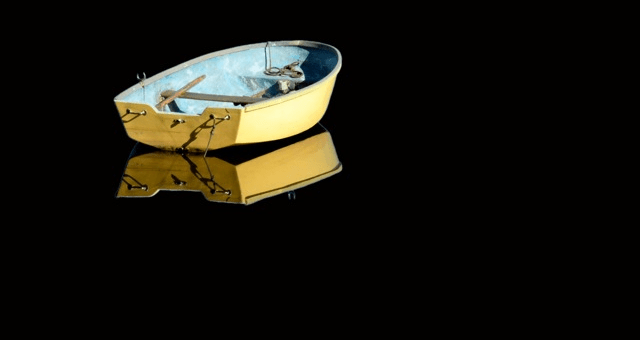
The Value of Presence in Medicine
When an American doctor is asked to examine her friend’s mother in a Chinese hospital, she realized it was her presence and caring that really mattered.
Zhuo came with a self-assured attitude, lots of stories, and several films under her belt. I had volunteered to host a film director during the Denver International Film Festival. We liked each other immediately.
Zhuo’s story was unique to her but at the same time all too typical of family histories during the Cultural Revolution. Her father had been taken away in the middle of the night and was eventually killed by Communist Party officials. They told his wife of his death two years after his execution.
Zhuo, her sisters, and brother were sent to the country to work the fields. Her mother was jailed in a basement cell with standing water. Her life was spared because she spoke Russian, Spanish, and English, in addition to her native Chinese. When she was released, the Communist Party officials—they called themselves “cadres”—called her a hero.
Meeting Zhuo’s mother
After meeting Zhuo, I wanted to meet her mother, the woman who had raised a daughter full of self-confidence and unafraid to challenge authority. Her mother was sick and if I wanted to visit her before she died, it would need to be soon.
Even in 1996, years after normalization of relations and after two full decades of robust trade with the West, Chinese airports remained confusing places. I could not even guess at the signs. Passengers carried items that would never be allowed on a Western plane. I was thrilled—and relieved—to see Zhuo waiting for me.
- Posted by Margaret Cary
- On July 12, 2018
- 0 Comment

Leave Reply